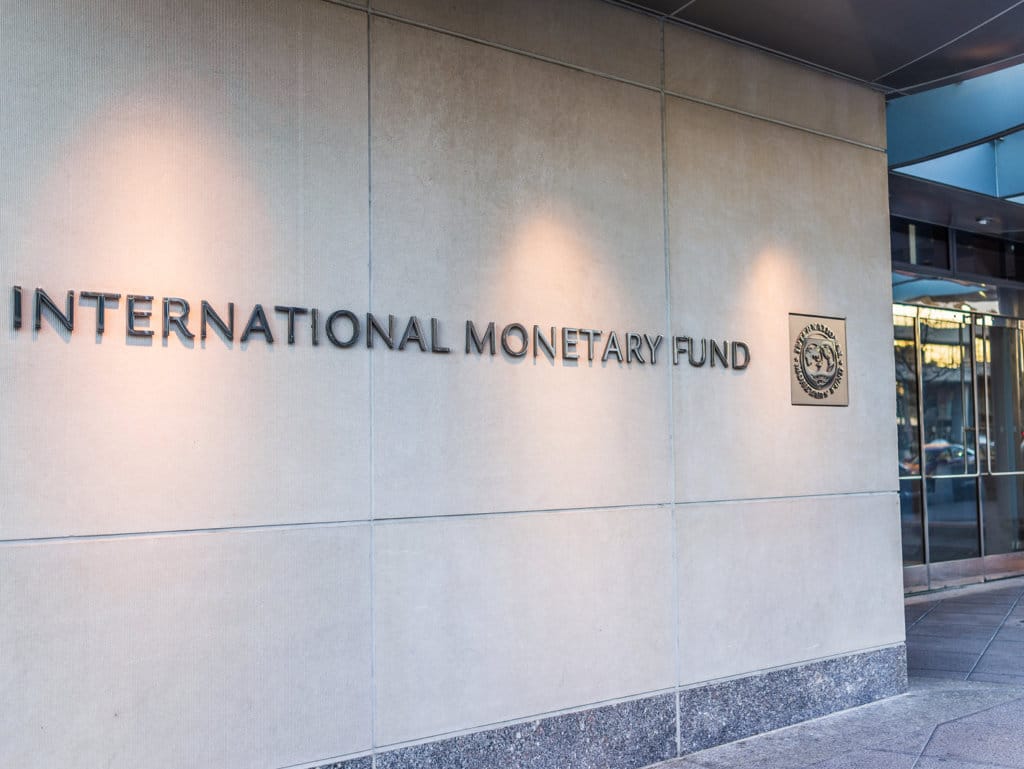The International Monetary Fund (IMF) in the latest World Economic Outlook (WEO) on April 17 projected India’s growth at 7.4 per cent in 2018 and 7.8 per cent in 2019, overtaking its rival neighbor China, which has been projected at 6.6 per cent and 6.4 per cent, respectively.
India in 2018 and 2019 will re-emerge as one of the fastest growing major economies, with its growth picking up after a sharp dip in the second quarter of 2017 due to “one off factors,” according to the IMF.
IMF kept unchanged the global growth forecasts for 2018 and 2019 at 3.9 per cent.
The organization attributed the high projected growth rate for India in 2018 and 2019 to strong private consumption as well as fading transitory effects of the currency exchange initiative and implementation of the national Goods and Services Tax (GST).
The latest IMF growth rate projection, which is released bi-annually, remains unchanged from the last one in October. In 2016, India’s growth rate was 7.1 per cent as opposed to China’s 6.7 per cent that year.
India’s progress on structural reforms like GST will cause reduction of internal barriers for trade, increase in efficiency and improvement of tax compliance, the report said. “While the medium-term growth outlook for India is strong, an important challenge is to enhance inclusiveness,” it added.
In the wake of the Punjab National Bank scam, India’s high public debt and recent failure to achieve the budget’s deficit target calls for a broader package of financial reforms, along with recapitalization, to improve the governance of public sector banks and strengthen banks’ debt recovery mechanisms, the IMF said.
Easing labor market rigidities, reducing infrastructure bottlenecks, and improving educational outcomes will remove constraints on job creation and ensure that the demographic dividend are not wasted.
The WEO report noted that growth in China and India in 2017 was supported by resurgent net exports and strong private consumption.
In the period of 2018 and 2019, the WEO said of India: “Over the medium term, growth is expected to gradually rise with continued implementation of structural reforms that raise productivity and incentivize private investment.
Over the medium term, China’s economy is projected to continue re-balancing away from investment toward private consumption and from industry to services, but non-financial debt is expected to continue rising as a share of GDP, and the accumulation of vulnerabilities clouds the medium-term outlook, the report said.
Meanwhile, the Asian Development Bank and the World Bank have projected the Indian economy to grow at 7.3 per cent in 2018-19.
